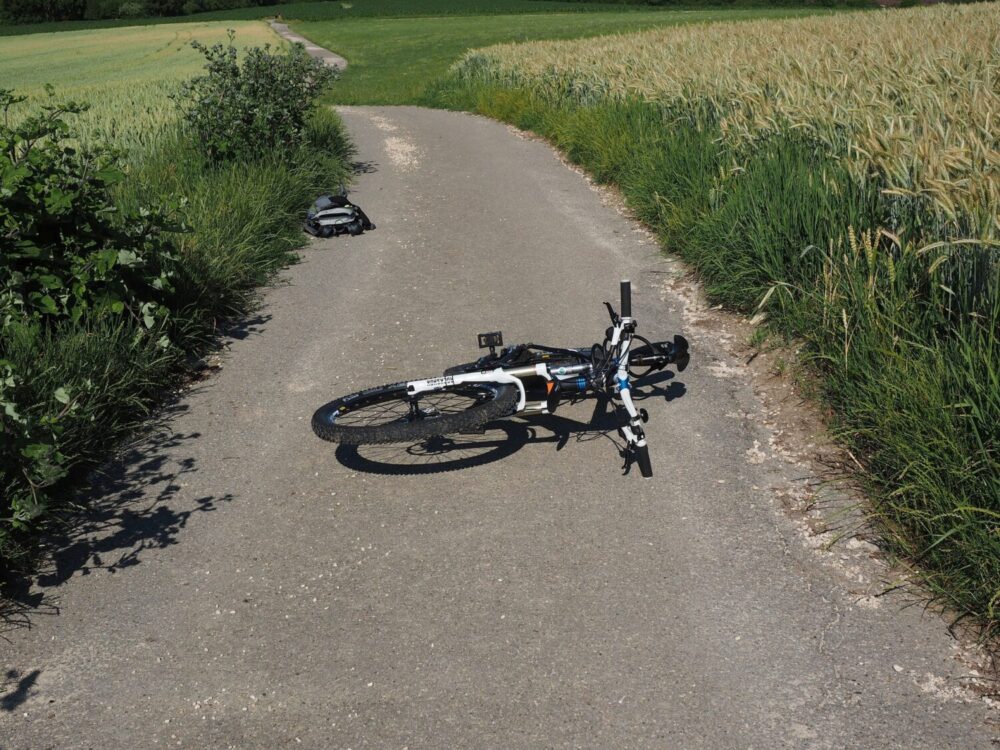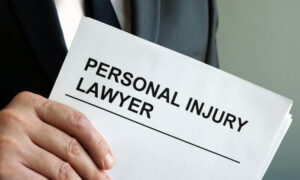Cycling has become increasingly popular in the UK in recent years, with more people than ever choosing to ride bikes for leisure, exercise, or as a means of transportation. But while cycling is a great way to stay fit and reduce your carbon footprint, it can also be dangerous. Every year, thousands of cyclists are involved in accidents on UK roads, many of which result in injuries and financial losses. If you have been involved in a bike accident in the UK, you may be entitled to compensation. Today, we’ll discuss the steps you need to take to claim compensation for a bike accident in the UK.
But first: what is a claim for compensation for a bike accident, and what can you expect by making such a claim?
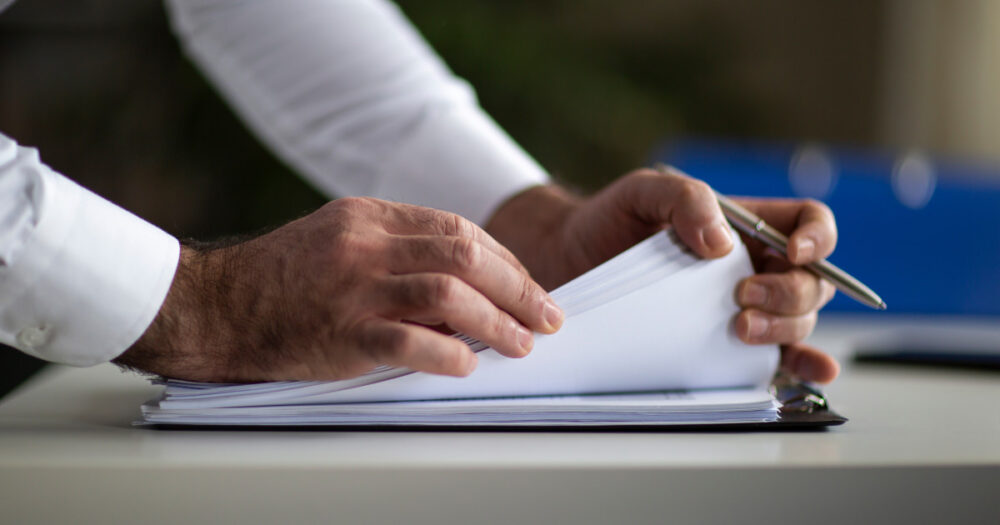
Source: statelawgroup.com.au
As any personal injury solicitor will tell you, you can make a claim for compensation for all kinds of accidents, provided you were not at fault. Let’s say you were hit by a car, or suffered from a road accident as a passenger (and not the driver) of the vehicle. You can go ahead and file a compensation claim provided you can prove without reasonable doubt that you were not at fault.
This is why it’s vital that you get all the evidence you need, including photos of the accident and any injury you had because of the accident, eyewitness accounts, medical records, and so on. You also have to determine liability. Before making a claim, it’s important to determine who is liable for the accident. This may involve investigating the circumstances of the accident and gathering evidence to prove that the other party was at fault. If liability is disputed, the case may need to be resolved through negotiation or litigation.
Your step-by-step guide to making a bicycle accident claim:
Step 1: Gather evidence
The first step in claiming compensation for a bike accident is to gather as much evidence as possible. This includes taking photographs of the scene of the accident, getting the contact details of any witnesses, and getting a copy of the police report if one was filed. You should also make a note of any injuries you sustained, including any medical treatment you received.
Step 2: Report the accident
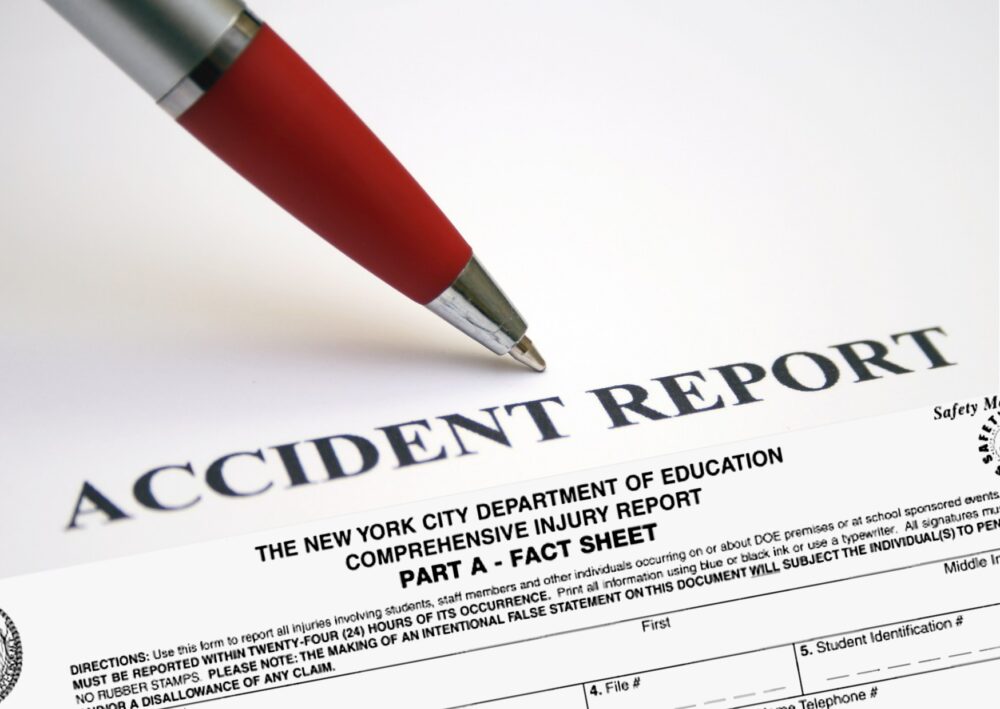
Source: greenbergandstein.com
You should report the accident to the police as soon as possible, even if you don’t think you’ve been seriously injured. If you don’t report the accident, it may be more difficult to make a compensation claim later on. You should also report the accident to your insurance company if you have one.
Step 3: Contact a personal injury solicitor
To maximise your chances of receiving compensation for bicycle accident claims, you should contact a personal injury solicitor as soon as possible. A personal injury solicitor will be able to advise you on whether or not you have a case for compensation and, if so, what steps you need to take to make a claim. They will also be able to negotiate with the other party’s insurance company on your behalf.
Step 4: Calculate your damages
Before making a claim for compensation, you need to calculate your damages. This includes any medical bills, lost wages, and other expenses you have incurred due to the accident. You should also consider any future expenses you may incur, such as ongoing medical treatment or the cost of replacing your bike.
Step 5: Make a claim
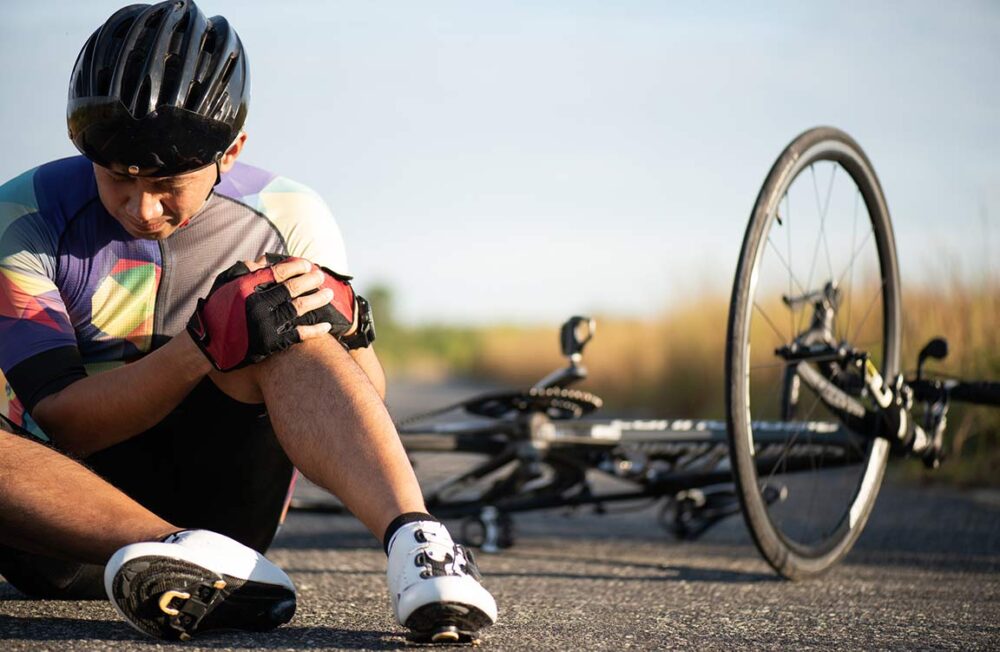
Source: trainright.com
Once you have gathered all the necessary evidence, reported the accident, and contacted a personal injury solicitor, you can make a compensation claim. Your solicitor will help you to prepare your claim and will negotiate with the other party’s insurance company on your behalf. If your claim is successful, you will receive a settlement to cover your damages.
Step 6: Consider an appeal
If your claim is unsuccessful, you may be able to appeal the decision. This will involve submitting additional evidence and arguing your case in court. Your solicitor will be able to advise you on whether or not an appeal is worth pursuing.
Other important factors to remember
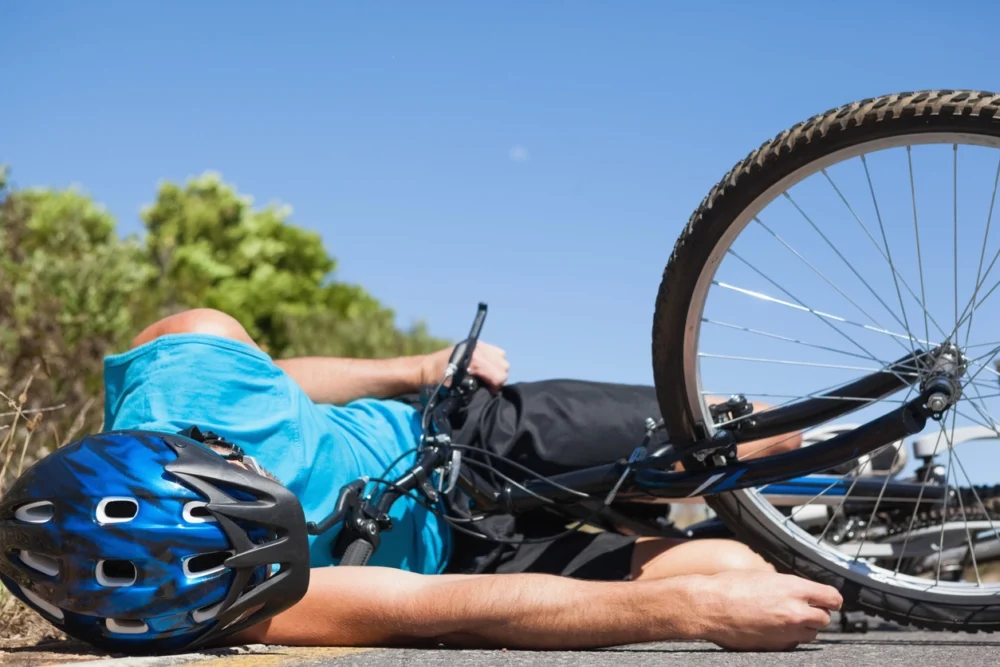
Source: advocacyadvance.org
It is also important to remember that making a claim for compensation could take time. In other words, you need to have a good understanding of the compensation process before making a claim. This may involve speaking to a lawyer or legal professional to understand your rights and the potential outcomes of your case. In general, compensation may cover a range of costs, including medical expenses, lost wages, and damages for pain and suffering.
You should also have a good understanding of the kind of damages you can get. The damages you are likely to get will greatly depend on the type of injury you’ve had – and where. For instance, an injury to the head or hand would give you greater compensation than an injury to the foot or ankle. If your injury is permanent, you will likely receive a higher compensation as well, such as a leg amputation or permanent migraines.
As mentioned, the timeline for the compensation process can vary depending on the complexity of the case, the extent of the injuries, and the parties involved. In general, it’s best to start the process as soon as possible after the accident. This may involve gathering evidence, consulting with a lawyer, and filing a claim with the relevant insurance company. The insurance company will then investigate the claim and may make an offer of compensation. If the offer is reasonable, the case may be settled without the need for litigation. If the offer is insufficient, or liability is disputed, the case may need to be resolved in court, which can take several months or even years.
If you have been involved in a bike accident in the UK, you may be entitled to compensation. But you can do your own part to maximise your chances of receiving compensation: you should gather as much evidence as possible, report the accident to the police and your insurance company, contact a personal injury solicitor, calculate your damages, and make a claim. With the right evidence and legal support, you can receive the compensation you deserve and get back on your bike with confidence.


